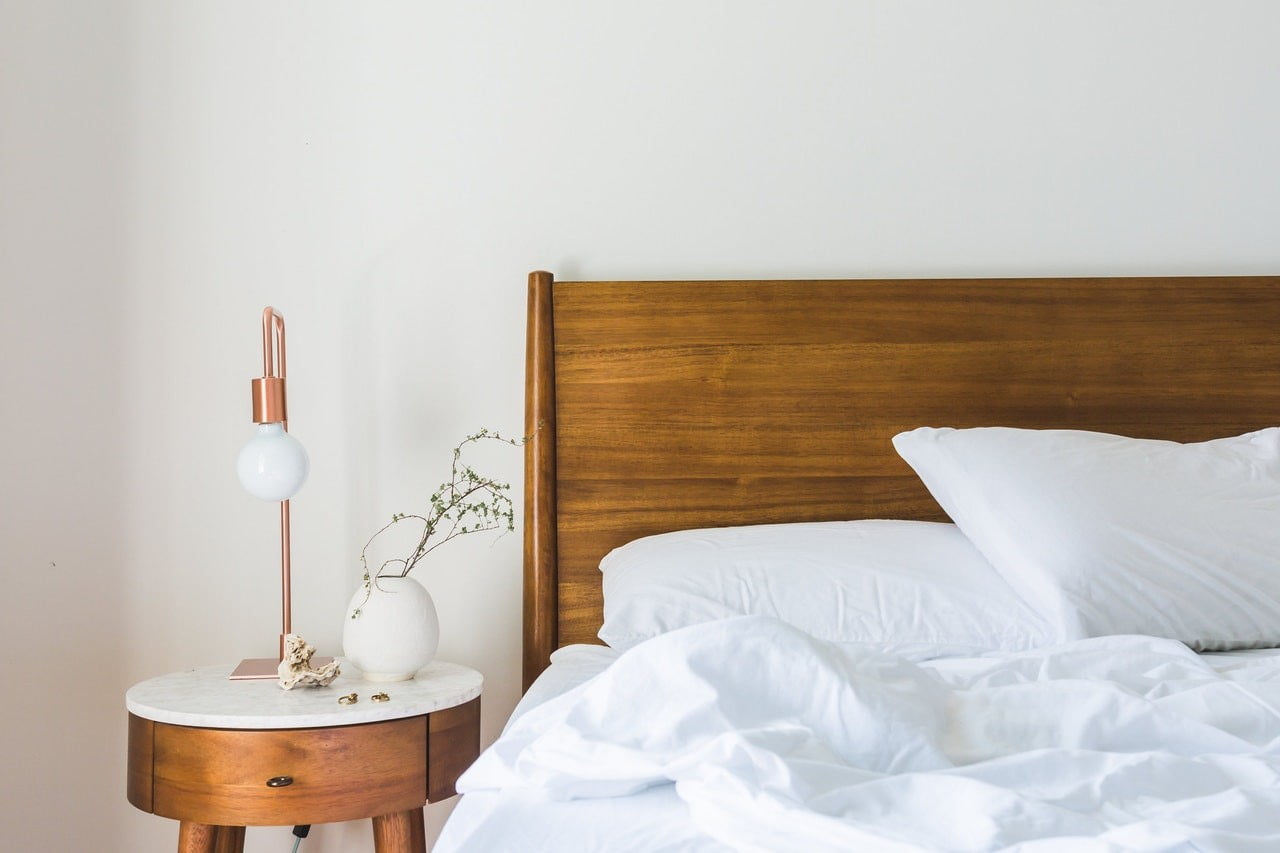In tough times, we often seek refuge in the cosy comfort of our bed. But instead of seeing it as a retreat from the world, let’s view it as a place to recharge and find peace through quality sleep.
When we sleep well, we have more ability to deal with worries and anxieties and tackle problems head-on, we think more sharply, can concentrate on tasks and are less moody and irritable.
Here are some top tips to help you get better sleep during difficult times:
1. The bedroom environment is key: Don’t neglect the basics when it comes to sleeping better. Your bedroom environment plays a part in achieving a good night’s sleep. Create a calm and clear-headed bedroom environment by keeping it cool, quiet, and dark. The foundation of good sleep is a comfortable bed and the right mattress can make the difference between a refreshing night’s sleep and poor quality sleep that results in tiredness and fatigue. Research shows that sleeping on an uncomfortable bed could rob you of up to an hour’s sleep.
2. Stick to a routine: Maintaining a consistent sleep schedule will not only keep you focused but it helps to keep your internal body clock in sync, which is crucial in periods of unrest.
3. Stay active: Regular exercise can improve sleep quality and boost your mood. From dancing to online workouts, and yoga to simple stretches, find ways to stay physically active in your daily routine. Exercise also improves heart health and blood pressure; builds and strengthens bone and muscle; helps combat stress and helps you look and feel better.
4. Soak up natural light: Even on a cloudy day, spending time outdoors such as going on a quiet walk or doing some gardening, opening windows for fresh air, and positioning your work area near a window can help regulate your body’s internal clock and keep you alert.
5. Mind your alcohol intake: While a nightcap might seem relaxing, it can negatively impact the quality of your sleep and leave you feeling groggy the next day.
6. Unplug before bed: Avoid using electronic devices that emit blue light at least an hour before bedtime. It will also help you avoid checking emails, social media, and news that might cause further upset or worry. Alternatively, these devices can help provide relaxing music or calm meditation apps to help you wind down.
7. Relax and unwind: Practice relaxation exercises such as deep breathing and guided meditation, or lose yourself in a good book or soothing music to help ease any anxiety or stress before bed.
Remember, taking care of yourself, especially during challenging times, is crucial. Your wellbeing matters, so prioritise getting the rest you need.
First published in May 2020, republished 01.6.24






0 Comments